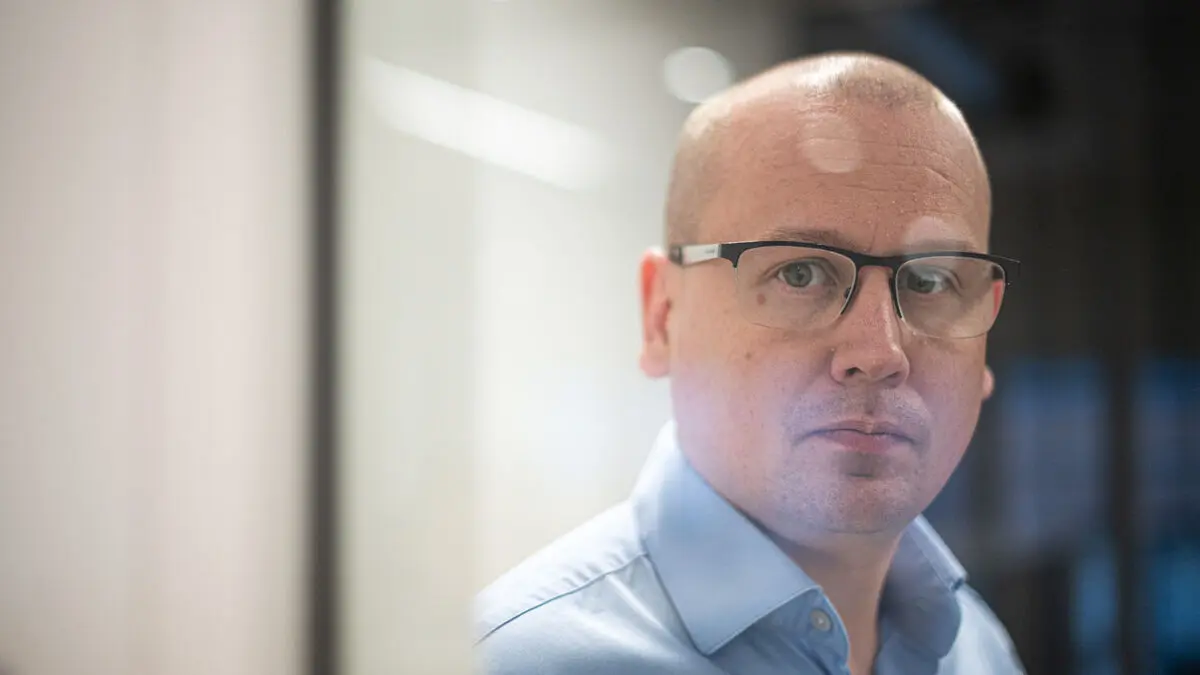In the UK, porn sites are now required to verify users' age or identity with technical solutions. To prevent children from being exposed to rough sexual content, Nina Larsson wants Sweden to introduce similar requirements.
But according to IT security specialist Karl Emil Nikka, we should not do like the UK, where sites (including social media) can, for example, require personal identification with an ID card or credit card.
Not least, the risk of leaks is obvious, he says – and points out that photos of 70,000 users on the messaging platform Discord were leaked in connection with a cyberattack after the change in the law.
“Only reasonable”
Another shortcoming is that the blocks are easily bypassed with VPNs – and VPN use skyrocketed when the law came into effect.
Nikka also believes that raising voices about ID requirements online brings us closer to surveillance that otherwise only occurs in totalitarian states.
It's a small problem as long as we live in a democracy, but it's damn dangerous to think that we always will.
Instead, according to Karl Emil Nikka, the use of parental controls that are already available in phones should be encouraged, where you can easily choose what to block.
From a security perspective, it is the only reasonable solution.
Advertisement
Blocking the internet also risks users turning to shady sites that don't care about legal requirements, he believes. That's also what seems to have happened, according to Jannike Tillå, head of communications and public benefit at the Internet Foundation.
According to experts in different countries, it seems that they have turned to other, lesser-known websites abroad, she says.
Busy conversation
Tillå, however, believes that technical solutions, such as more anonymous age verifications than those introduced by the UK, can be good – even if they can be circumvented with a VPN.
It can help raise thresholds and reduce exposure.
Advertisement
However, this must be supplemented with investments in digital skills, and above all in conversations with children.
That's where the real protection begins. We know that many parents find it difficult to have the porn conversation, but it should be done early.
She emphasizes the importance of not putting the issue of privacy and freedom online against child protection.
We have to find that balance and manage both things.
Advertisement






